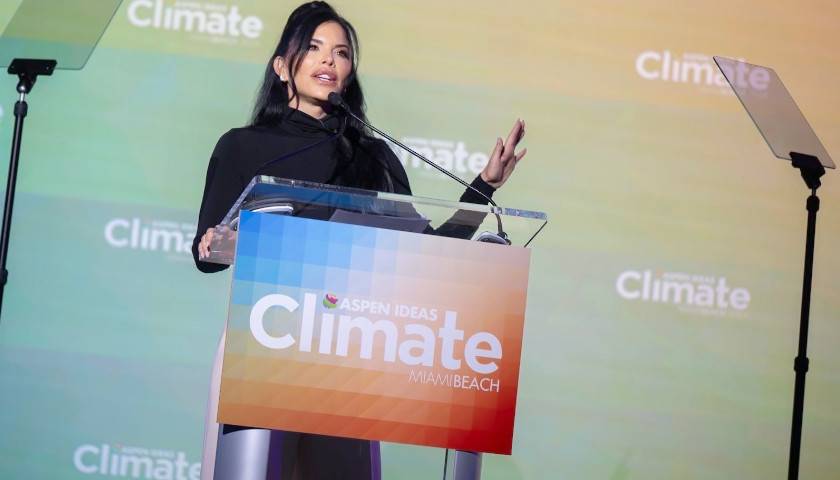by Nick Pope
The charitable foundation of Amazon founder and billionaire Jeff Bezos is pouring tens of millions of dollars into efforts to advance synthetic meat.
The Bezos Earth Fund (BEF) will be spending an initial $60 million to fund research and development of “alternative proteins,” which the University of Melbourne defines as “plant-based and food-technology alternatives to animal protein,” the BEF announced Tuesday. The $60 million commitment is part of the BEF’s $1 billion campaign to transform food systems to fight climate change.
“Alternative proteins are an imperative if we are to stay within planetary boundaries, if we are to feed 10 billion people within those boundaries,” Andy Jarvis, the director of the BEF’s “Future of Food” initiative, told Bloomberg News in an interview. “We’re investing in alternative proteins because they need to be successful … They need to cost less, they need to be more flavorful.”
📣🌱 Our Vice Chair Lauren Sánchez just announced at @aspenideas $60M for Bezos Centers for Sustainable Protein! As we face the challenge of feeding 10 billion by 2050, this initiative is crucial for developing affordable, nutritious alternatives: https://t.co/aA9catouQu. pic.twitter.com/UgEW9QxykK
— Bezos Earth Fund (@BezosEarthFund) March 13, 2024
 The spending will support research centers at universities that work to advance the taste, texture and nutritional value of synthetic meat, as well as reduce the costs of manufacturing , Jarvis told Bloomberg News.
The spending will support research centers at universities that work to advance the taste, texture and nutritional value of synthetic meat, as well as reduce the costs of manufacturing , Jarvis told Bloomberg News.
The organization’s push to develop and promote synthetic meats is a needed project because greenhouse gas emissions attributable to agriculture, and specifically livestock agriculture, purportedly play a major role in driving climate change, according to BEF.
“Food is the second largest cause of climate change, and agriculture is the primary driver of deforestation and biodiversity loss. Making the food system more sustainable requires changing the way we produce and consume food,” BEF wrote in a Tuesday statement. “Given population and income growth, by 2050 food consumption is expected to rise by 50%, while emissions from food will need to fall by 60% and pressure on vital forest systems will need to be reduced. New ideas, technologies, and behaviors can make this possible.”
Notably, the United Nations’ Food and Agriculture Organization (FAO) released a report on agricultural systems in December 2023 before the conclusion of last year’s United Nations climate summit. In the report, the FAO — which is led by Qu Dongyu, the former Chinese vice minister of Agriculture and Rural Affairs — called on policymakers to shift agricultural systems in order to combat climate change and asserted that people in wealthier nations like the U.S. can improve their own health and that of the climate by cutting their meat consumption.
The BEF did not respond immediately to a request for comment.
– – –
Nick Pope is a reporter at Daily Caller News Foundation.
Photo “Lauren Sanchez” by Bezos Earth Fund.




